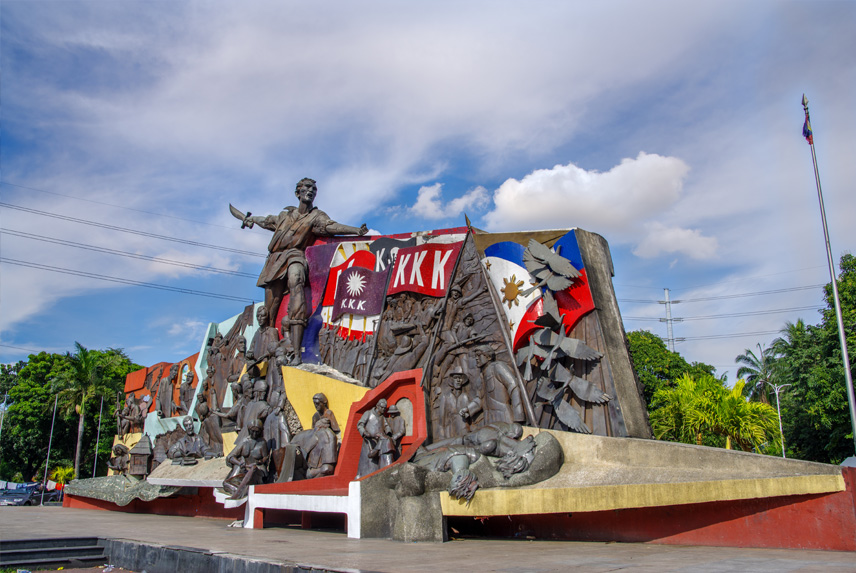
Posted On : Dec 13 2020
The Communist Party of the Philippines: Insurgency in Philippines
The Communist Party of the Philippines/New People`s Army (CPP/NPA) is one of the longest-running insurgent movements in Asia.

Founded in 1968, this communist organization has been a significant player in the Philippines' history, shaping its politics, economy, and society. This article provides an overview of the origins, ideology, activities, and challenges posed by the CPP/NPA.
The CPP was founded by Jose Maria Sison and other communist leaders with the aim of establishing a Marxist-Leninist-Maoist state in the Philippines. The New People's Army (NPA) was established as the armed wing of the CPP, responsible for conducting guerrilla warfare against the Philippine government.
The CPP/NPA's ideology is rooted in communism, advocating for the overthrow of the Philippine government, which they view as a puppet of imperialist powers, particularly the United States. The group seeks to establish a dictatorship of the proletariat and implement radical land reforms.
The NPA has engaged in armed conflict with the Philippine government for decades. Their activities have included guerrilla warfare, bombings, assassinations, and extortion. They have targeted military personnel, politicians, landlords, and businesspeople.
The NPA is known for its recruitment efforts, often targeting marginalized communities and youth. Their presence is especially prevalent in rural areas, where they have built a support base among impoverished communities.
The CPP/NPA funds its activities through a combination of means, including extortion, criminal enterprises, and donations from sympathizers. They have also been accused of involvement in illegal logging, mining, and the drug trade.
While the CPP/NPA has maintained links with other communist movements and guerrilla organizations in the past, they are primarily a domestic insurgency with limited international connections. Their focus has largely been on the Philippines' internal politics and issues.
The Philippine government has been engaged in counterinsurgency efforts against the CPP/NPA for decades. These efforts have included military operations, intelligence work, and socio-economic programs aimed at addressing the root causes of the insurgency.
Over the years, the government has captured or killed some of the CPP/NPA's top leaders. However, the group's adaptability and deep-rooted presence in rural areas have made it challenging to eradicate entirely.
The CPP/NPA remains a significant security challenge for the Philippines. Despite repeated attempts at peace negotiations, a comprehensive resolution to the conflict has remained elusive. Factors such as corruption, poverty, and social inequality continue to fuel support for the insurgency, particularly in rural communities.
Additionally, the CPP/NPA's role in criminal activities further complicates efforts to address the insurgency, as they often exploit economic grievances and local disputes.
The Communist Party of the Philippines/New People's Army has had a profound and enduring impact on the Philippines. Its decades-long insurgency has left a legacy of violence, instability, and economic challenges.
Efforts to bring peace and stability to the Philippines must address not only the military aspects of the insurgency but also the underlying socio-economic and political issues that have allowed the CPP/NPA to persist. A comprehensive approach that combines security measures with development and governance reforms is essential to ending the cycle of conflict and insurgency in the Philippines.
No Comments Added




















